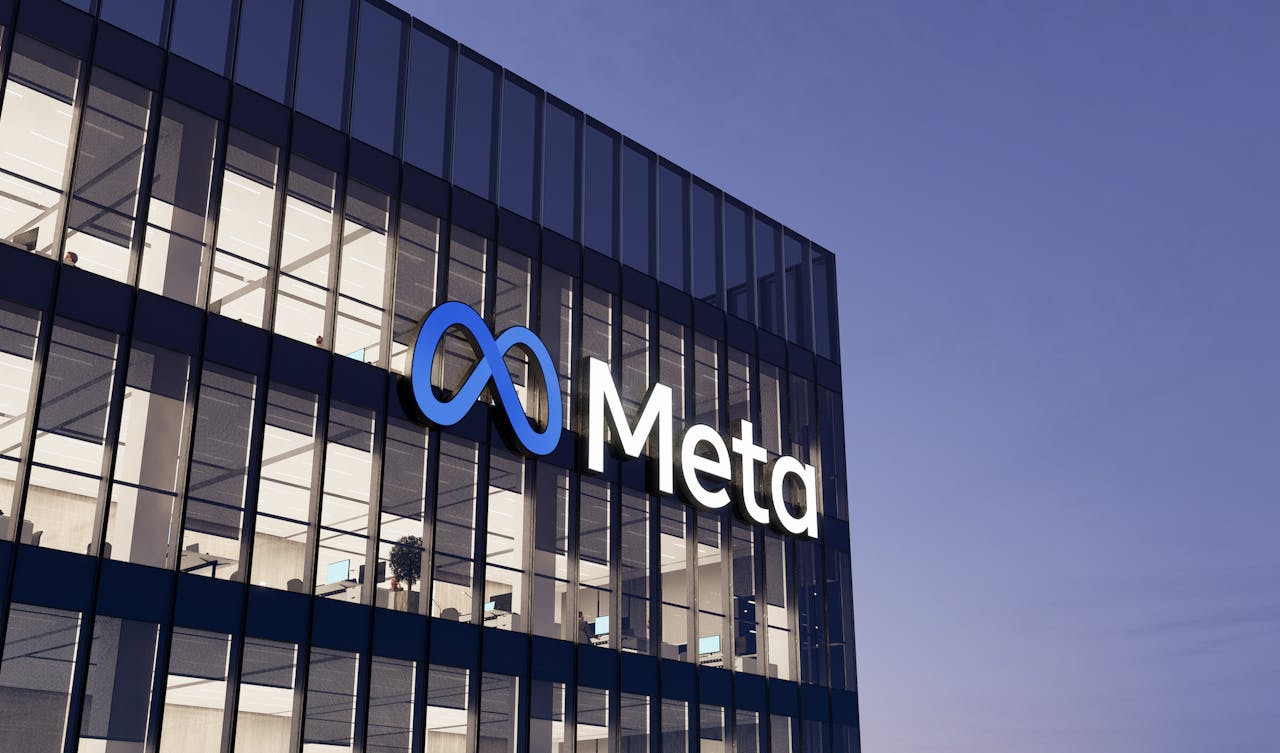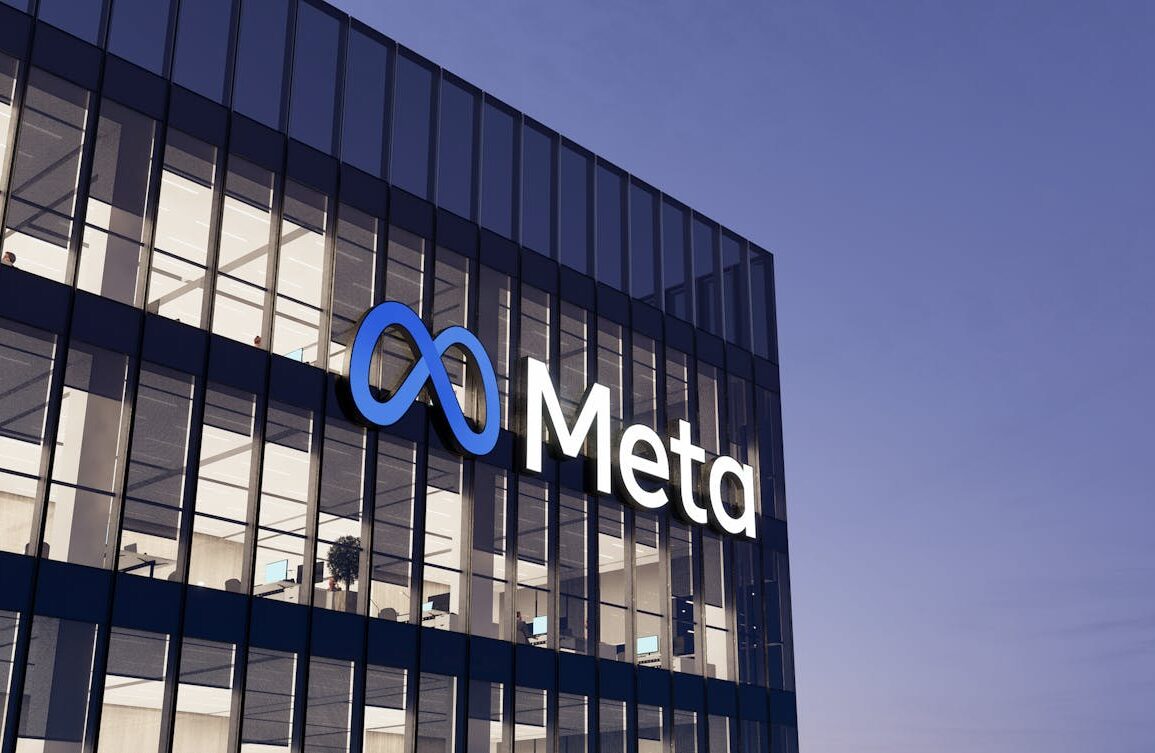
A seismic shift in the social media universe looms, with the trial’s outcome having the potential to redefine how platforms compete and how users connect.
Today marks the opening arguments in a landmark trial that could reshape the future of social media as we know it. The US Federal Trade Commission (FTC) is taking Meta to court in a long-anticipated antitrust case – nearly six years in the making – accusing the tech giant of monopolizing the personal social networking market by snapping up rivals Instagram and WhatsApp.
But while the legal arguments begin to unfold, marketing leaders should already be asking a deeper question: what happens to the internet’s gravitational pull if Meta fragments?
Mike Proulx, vice-president and research director at Forrester, is watching the case closely and he believes the implications go far beyond corporate restructuring. “The ramifications of this trial, coupled with TikTok’s future in limbo, potentially puts the very core of the social media market at play,” he said. “No longer would Meta be its center of gravity. We haven’t seen anything like this since around 2006-2011 – social media’s earliest days. We’d likely see a renaissance of social media startups looking to grab a piece of the new world order.”
Want to go deeper? Ask The Drum
The FTC v Meta: what’s at stake?
The FTC argues that Meta’s acquisitions of Instagram (2012) and WhatsApp (2014) weren’t about innovation but insulation – designed to eliminate competition rather than outperform it. Meta, in turn, claims the agency is out of touch. “The evidence at trial will show what every 17-year-old in the world knows,” Meta has said, “Instagram competes with TikTok (and YouTube and X and many other apps).”
A new overnight poll by Forrester offers a glimpse of public sentiment. Of the 497 respondents across the US, UK and Canada, 54% agree Meta has a monopoly in personal social networking, 43% say Instagram would be better off as a separate company and 45% say the same for WhatsApp.
The verdict isn’t unanimous – but it’s clear that many consumers are open to breaking up Big Social.
Advertisement
Could Meta stand alone?
Proulx argues that while Meta is fighting to hold its empire together, it’s already showing cracks. “Meta is trying to make Facebook cool again,” he says, “but the company’s social media ‘insurance’ is (and has been for a while) Instagram. Without Instagram and WhatsApp, what really is Meta?”
It’s a fair question. Facebook has seen its cultural relevance slip and the company’s text-based app Threads has yet to demonstrate it can monetize at scale. “Can Threads monetize at scale? Doubtful,” says Proulx. “And the company absolutely should not hang its hat on its fledging metaverse ambitions.”
Instead, he sees Meta’s AI efforts as its most viable future. “Its AI Glasses are a bright spot. As is its broader AI work (ie Llama). That means in a broken-up Meta, the company’s AI initiatives would usurp its social media roots.”
The advertiser’s dilemma
For brands, a Meta breakup is both a creative opportunity and a logistical nightmare. “Would this be good for advertisers? Yes and no,” Proulx explains. “It would certainly spawn a renewed wave of creativity in the marketplace – new ad types, targeting capabilities and partnerships.”
But there’s a flip side. “Meta’s sheer scale and reach is the one thing that makes the company’s family of apps a marketing mainstay. A more fragmented marketplace would reduce social media’s advertising efficiencies – making brands work harder to plan, buy and create custom ads across a newly expanded portfolio of platforms,” said Proulx.
And then comes the key question: “If Meta is just Facebook (once again), would today’s advertisers even bother with it?”
Advertisement
The trust deficit
Part of the problem is that Meta – still haunted by the ghost of Cambridge Analytica – never really regained trust. In Forrester’s February 2025 survey, just 35% of US adults and 30% of UK adults said they trust Meta the same or more than they did a year ago. Confidence in CEO Mark Zuckerberg lags even further behind.
Even the much-touted “convenience” of keeping Instagram, Facebook and WhatsApp under one roof isn’t universally appreciated. Only 31% of respondents felt they benefited from that interoperability, while 43% actively disagreed.
So what now?
Proulx doesn’t expect Meta to be broken up overnight but warns marketers to prepare for a reset. “For now, marketing executives should keep doing what they’re doing. Meta’s not getting broken up any time in the short term. But hang tight and let the trial begin.”
If the FTC gets its way, the era of centralized social media dominance could be drawing to a close – and marketers may soon be navigating a whole new map.
Suggested newsletters for you
Daily Briefing
Daily
Catch up on the most important stories of the day, curated by our editorial team.
Weekly Marketing
Friday
Stay up to date with a curated digest of the most important marketing stories and expert insights from our global team.
The Drum Insider
Once a month
Learn how to pitch to our editors and get published on The Drum.
This post was originally published on this site be sure to check out more of their content








